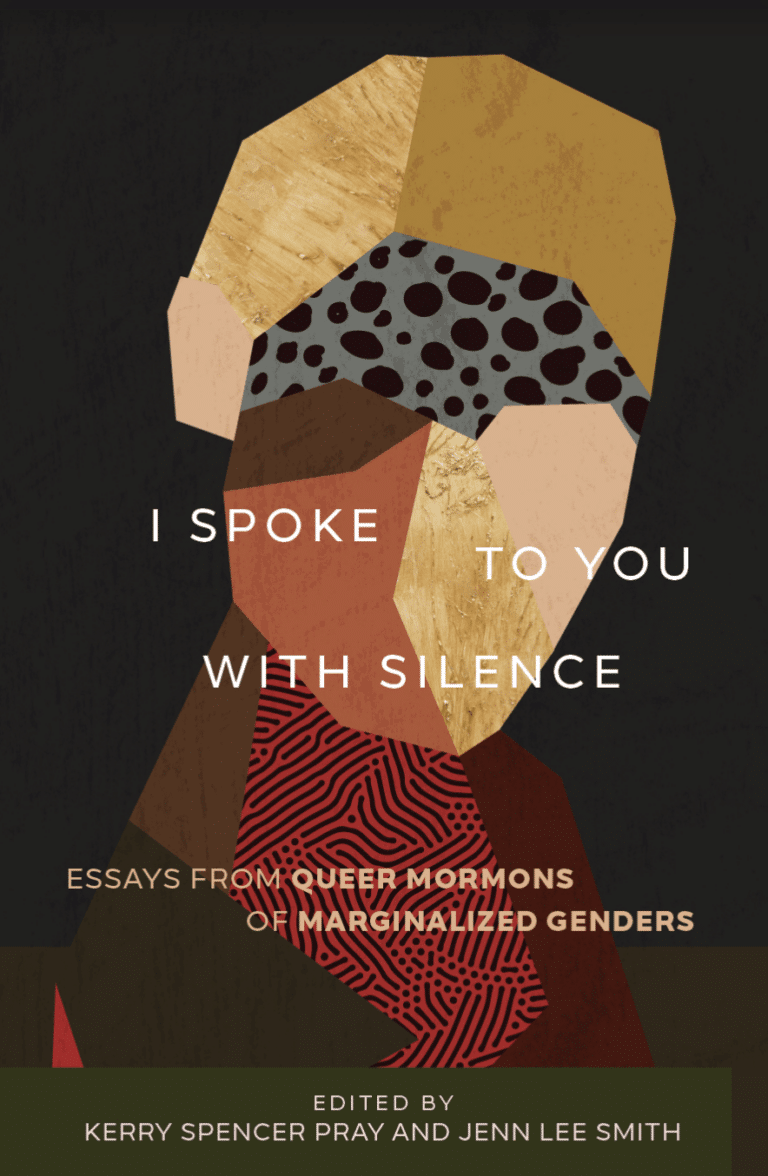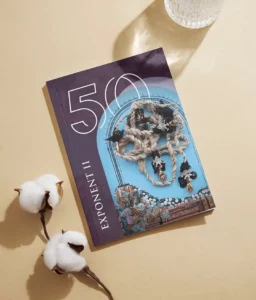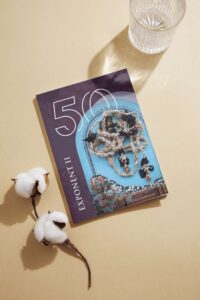Book Review of I Spoke to You with Silence: Essays from Queer Mormons of Marginalized Genders (edited by Kerry Spencer Pray, Jenn Lee Smith)
As a tradition that both “elevates the hetero-nuclear family to the level of a saving ordinance” (3) and routinely denies female sexual desire, there is little space for the open existence of queer women and gender minorities in the Church of Jesus Christ of Latter-day Saints and the broader Mormon community. Many queer individuals even lack the language to talk about their own experiences. This is the problem that writing professor Dr. Kerry Spencer Pray and filmmaker Jenn Lee Smith sought to address as editors of the collection, I Spoke to You With Silence: Essays from Queer Mormons of Marginalized Genders (University of Utah Press, 2022). The collection divides the essays into four parts: identity; relationships; shame, suicide, and the closet; and the church.
Many of the essays touch on the theme of silence, such as the inability to express to one’s children that the family doesn’t go to church anymore because the church rejected not just their parents but the children, too. There are no words to communicate gender expression outside of the binary ones school classmates know. There are no words to communicate whole years spent being unable to acknowledge one’s queerness, even to oneself, sometimes from within a seemingly-heterosexual marriage. Silence resides in the romantic feelings left unsaid to someone who must always remain only a friend, in the queer relationships lived with love and commitment but never shared with one’s LDS ward or family of origin, in closed-casket funerals after suicide. Silence resides in living at the intersection of race, religion, and sexual identity, with each identity “connected by disjointed bridges” (52). Silence is the loneliness of maintaining a sense of religious identity as queer pioneers both inside and outside of a church that does not make room for them, and where the worst days are like “walking barefoot in the snow with bloody feet” (189).
The collection addresses a great need within Mormon storytelling and scholarship by centering the experiences of queer Mormons who have been historically underrepresented. Many of the prominent queer Mormon voices are cis-gender gay men, and much of the scholarship about queer Mormons focuses on that select population. Writers here include “people of marginalized genders — trans men and women, cis women, nonbinary and agender people — and marginalized sexual orientations — bisexual, lesbian, asexual, queer, pansexual — and people with intersex characteristics” (8). For queer Mormons, these essays will hopefully reduce stigma and taboo and give more space for individuals to consider and speak about their intersecting identities. For Mormon scholars and writers, this book will hopefully encourage more inclusive, ethical scholarship and representation by increasing the visibility of queer Mormons of marginalized genders.
While the essays include moments of connection and acceptance, many stories detail loneliness, rejection, and tragedy. One writer asks the readers a favor: “Will you belay me by wrapping these words around your waist and setting your feet to witness me?” (131). In June of 2022, Writ and Vision in Provo, Utah, hosted a book-launch event where the editors and several of the authors spoke and read selections from their essays. Each reading was moving and powerful, but it was somber to consider the writers who needed to remain anonymous, the people for whom it wasn’t safe to submit stories, and most heartbreakingly, those who are no longer here to do so. At the event, Dr. Pray said that if they do a second collection of essays, she wants it to be exclusively about queer joy. Witnessing requires work and is an act of love with transformative potential. Hopefully that second volume comes to fruition with more queer Mormons experiencing queer joy and feeling free to tell their stories. This volume blazes the trail. ⋑
Katie Ludlow Rich is a writer and independent scholar living in Saratoga Springs, Utah.




